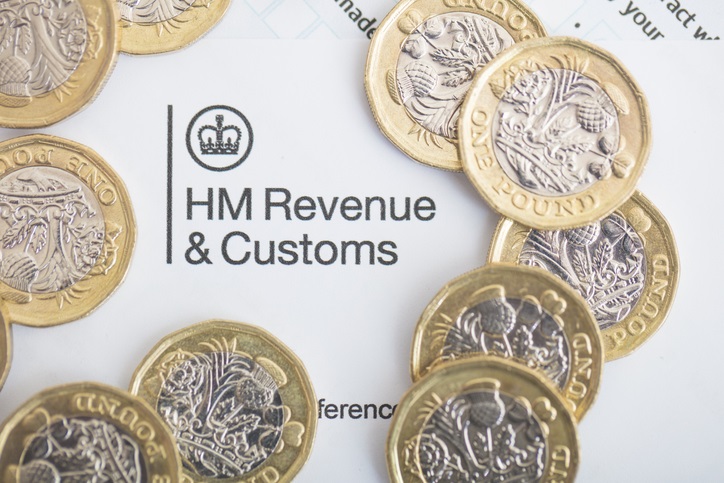Pensioners claw back record tax haul from HMRC
Average claim hits £3,500 as taxman returns £627 million in five years.
13th August 2020 13:31
by Laura Miller from interactive investor
Average claim hits £3,500 as taxman returns £627 million in five years for slapping emergency charges on pension withdrawals.

Over-55s clawed back a record high average of £3,560 each from the taxman during lockdown, after overpaying pensions tax.
HM Revenue & Customs (HMRC) repaid £27 million in overpaid tax to pensioners between April and June, down from £32 million in the first quarter of the year.
However, the amount reclaimed per person increased by £845.
Figures from the tax authority show it is processing fewer claims for refunds. During April to June it dealt with 7,649 reclaim forms, down from more than 10,000 in the previous quarter and 17,000 the same time a year ago.
The fall is likely due to HMRC work patterns being affected by the lockdown rather than because of a lack of claims from pensioners.
The total amount reclaimed by pensioners has now reached £627 million since 2015, when pension freedoms were introduced.
These allow over-55s with defined contribution pensions to access their retirement savings more flexibly, but cause many to fall foul of tax rules on withdrawals.
- Revealed: the reasons we don’t save into our pensions
- Is coronavirus forcing you to retire later? Tell your pension provider
- Which generation had it tougher? We share your views
Pensioners can now dip in and out of their retirement savings as they wish, a change embraced by over-55s.
In the second quarter of 2020 the number of individuals withdrawing their pensions flexibly rose to 340,000, up 1% on the same quarter of last year.
But those who make single, often larger and inconsistent withdrawals are likely to be overcharged by HMRC.
This is because the taxman, when calculating the income tax you need to pay, assumes you will be making those larger withdrawals every month. This triggers a higher rate of emergency tax.
To get their money back, pensioners must fill out one of three official forms, or wait months for HMRC to repay them at the end of the tax year.
In some cases, where a pension holder has previously made a flexible withdrawal during the year, their pension provider will have the correct tax code for them, avoiding the tax overcharging. But this is not the case for most.
The government's Office for Tax Simplification has called on HMRC to review the process of applying 'emergency' tax codes to pension withdrawals, but HMRC has so far refused to act.
Amyr Rocha Lima, financial planner at Holland Hahn and Wills, says: “You could argue that the retirement flexibility introduced in April 2015 has been well received by savers, but the tax system that sits alongside it is simply not fit for purpose.
- Pension funds bounce back, but annuities suffer
- Find out more about interactive investor SIPP and pensions here
“It is essential that anyone planning to withdraw funds from their personal pensions – including those seeking to use their retirement pot to bridge the income gap resulting from Covid-19 – should be aware of the impact that taxation will have on the amount of money they initially receive.”
Those who have arranged with their pension provider to make regular withdrawals of similar amounts for an income are typically taxed correctly, based on how much they take each time.
All over-55s can take 25% of their pension pot tax-free, but withdrawals from the remaining 75% are taxed at their marginal rate.
Full performance can be found on the company or index summary page on the interactive investor website. Simply click on the company's or index name highlighted in the article.
These articles are provided for information purposes only. Occasionally, an opinion about whether to buy or sell a specific investment may be provided by third parties. The content is not intended to be a personal recommendation to buy or sell any financial instrument or product, or to adopt any investment strategy as it is not provided based on an assessment of your investing knowledge and experience, your financial situation or your investment objectives. The value of your investments, and the income derived from them, may go down as well as up. You may not get back all the money that you invest. The investments referred to in this article may not be suitable for all investors, and if in doubt, an investor should seek advice from a qualified investment adviser.
Full performance can be found on the company or index summary page on the interactive investor website. Simply click on the company's or index name highlighted in the article.